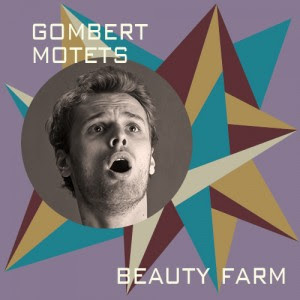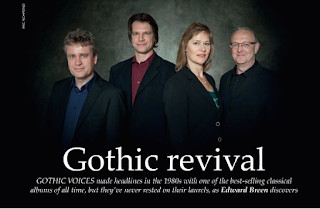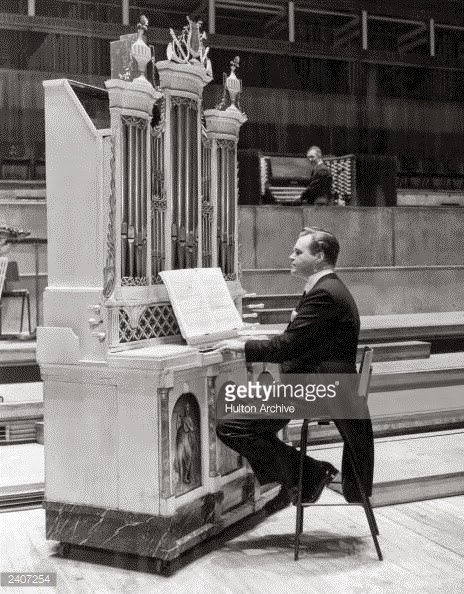Search This Blog
Early music and more by Edward Breen
Where possible, review entries are linked to their original publication.
Posts
Showing posts from 2015
Music and the Exotic from the Renaissance to Mozart.
- Get link
- Other Apps
Planctus: muerte y apocalipsis en la edad media
- Get link
- Other Apps
Thurston Dart and the New Faculty of Music at King's College London
- Get link
- Other Apps
David Munrow (of the Early Music Consort) and Folk Music
- Get link
- Other Apps









